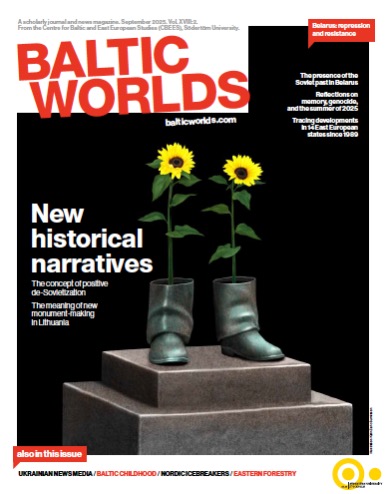The Polish domestic political scene since the presidential election has been characterized by much sharper political divisions than before the disaster in Smolensk on April 10. At no time since 1989, have the tone of debate and the accusations been as hostile as now.
Jaroslaw Kaczynski may have lost the presidential election, but because of the disaster in Smolensk and the good election results, he emerged politically stronger from the campaign. He has now set his sights on the next election campaigns in Poland. In November, municipal elections will be held, including politically important direct elections to mayoral positions in the cities of Poland. Next year it will be time for election to the Polish Sejm. All indications suggest that the strong differences of opinion and the angry tone of Polish politics will continue until the parliamentary election, although some hold hopes that somewhat cooler political winds may blow across the country after the municipal election this fall.

 Issue 2025, 2:
Issue 2025, 2: